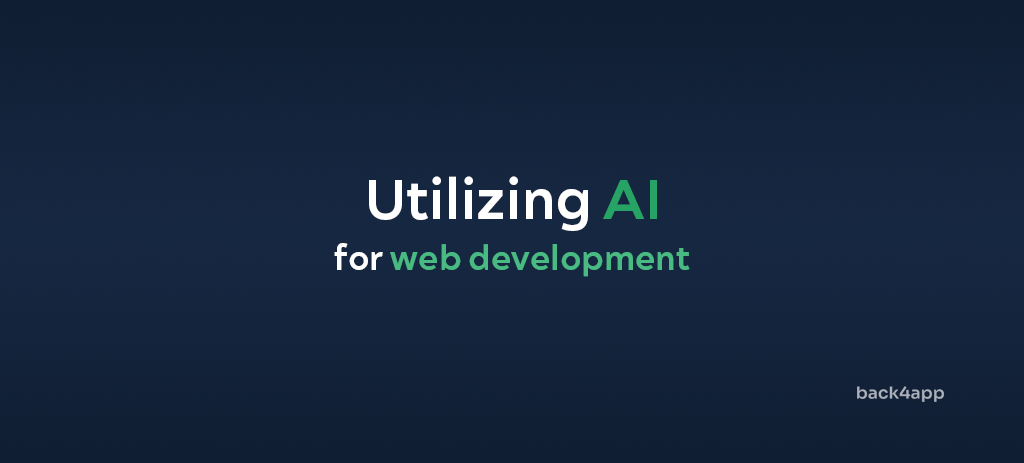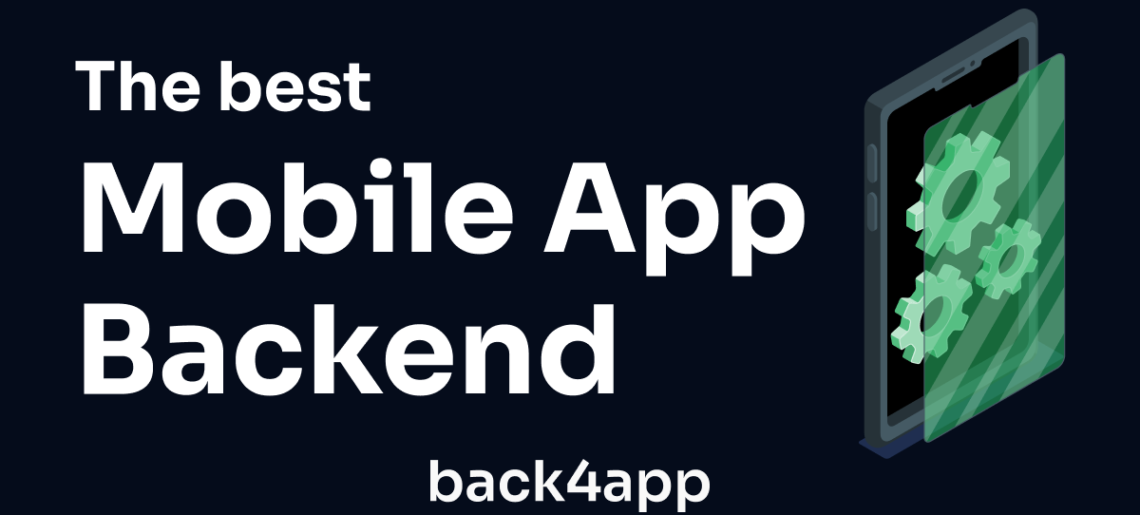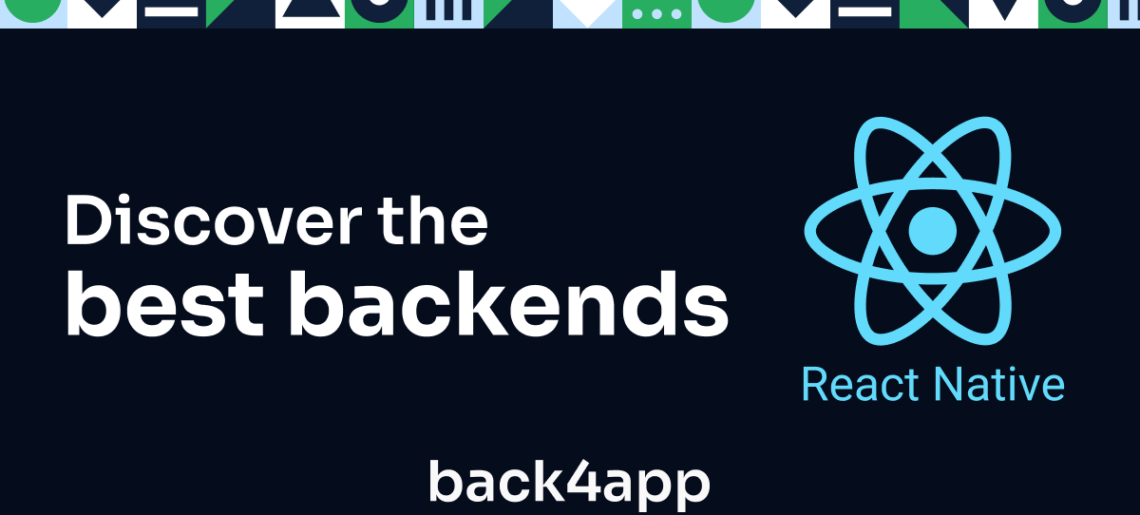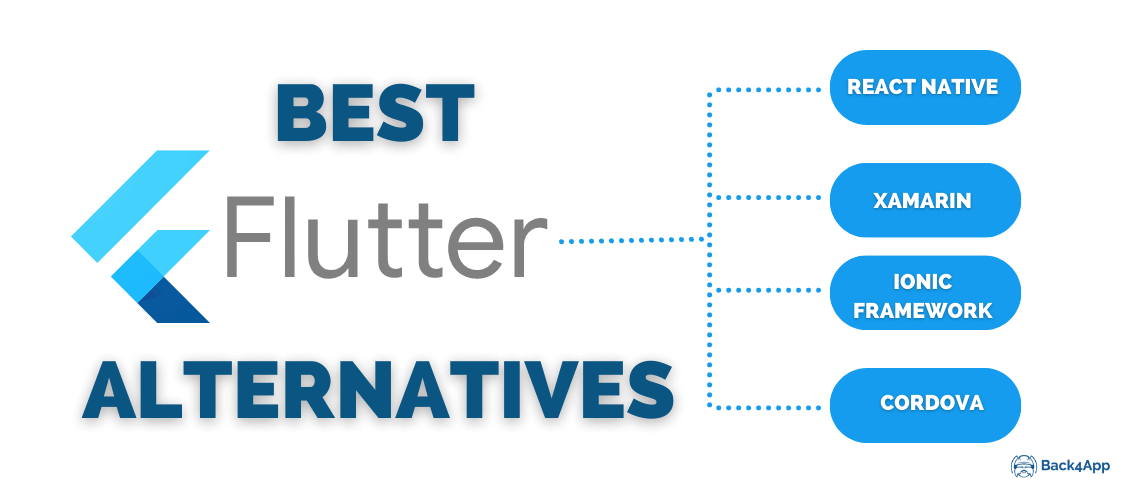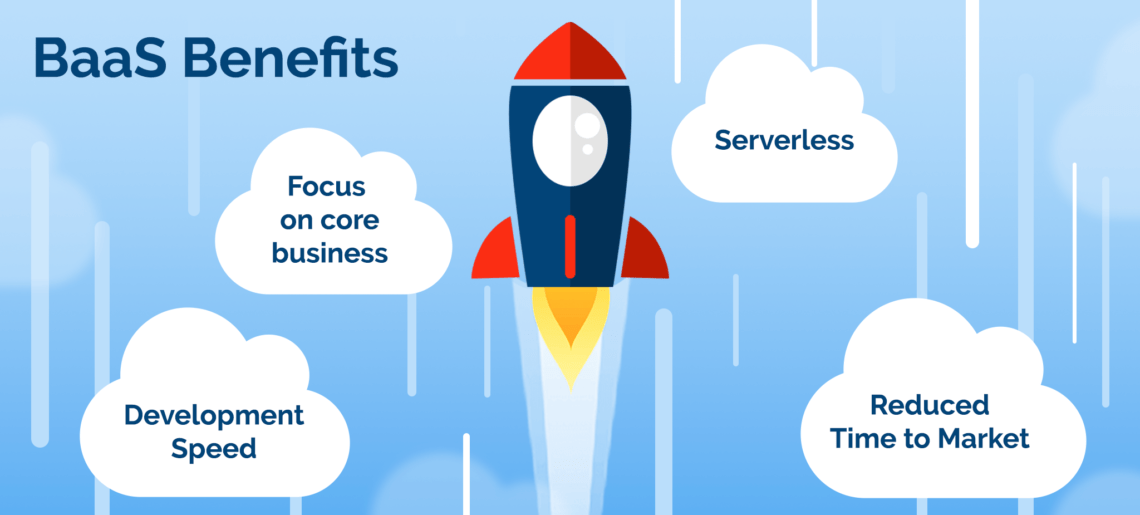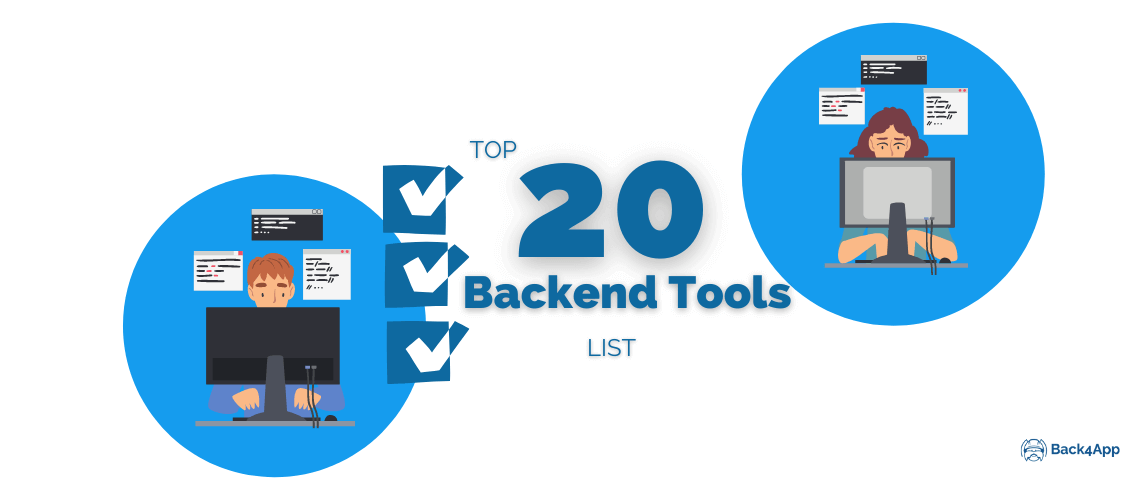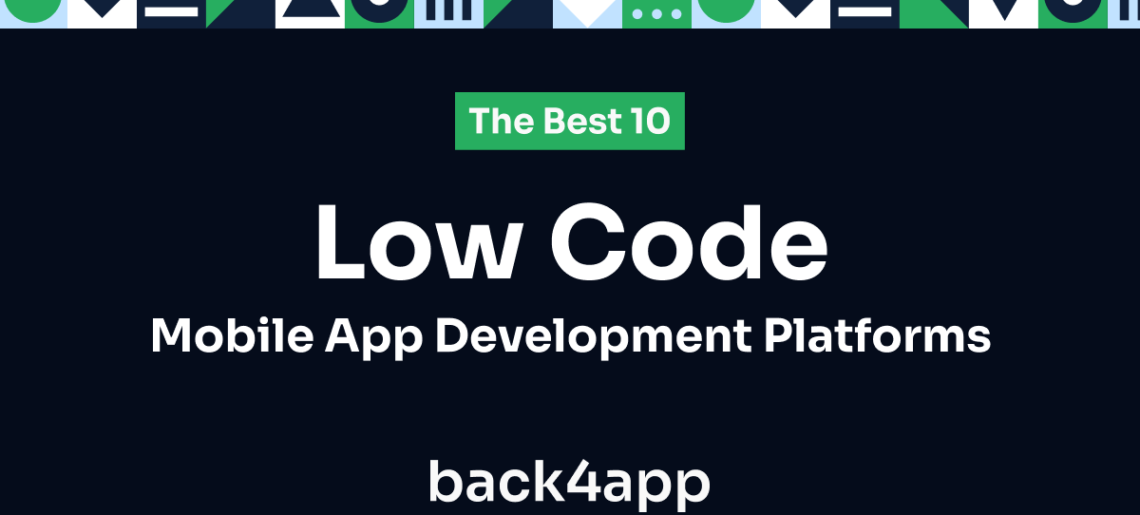Kubernetes, often abbreviated as K8s, is an open-source platform designed to automate deploying, scaling, and operating application containers. It groups containers into pods, which are units of deployment on the platform. With Kubernetes, you can run any application, anywhere, making it a versatile tool for managing various tasks and workloads.
At its core, Kubernetes is about abstracting away the complexity of managing a fleet of containers. It provides a unified API to control how and where those containers will run, and a simple command line interface known as kubectl to manage cluster operations. The automation capabilities of Kubernetes can be especially crucial in a microservices architecture where you might have a variety of services, each running in a unique container.
While Kubernetes is powerful, it can be difficult to learn and use, and can be challenging to configure correctly. That’s where best practices come in. By following these guidelines, you can ensure that your use of Kubernetes is efficient, secure, and beneficial to your organization.
Read MoreRead More
